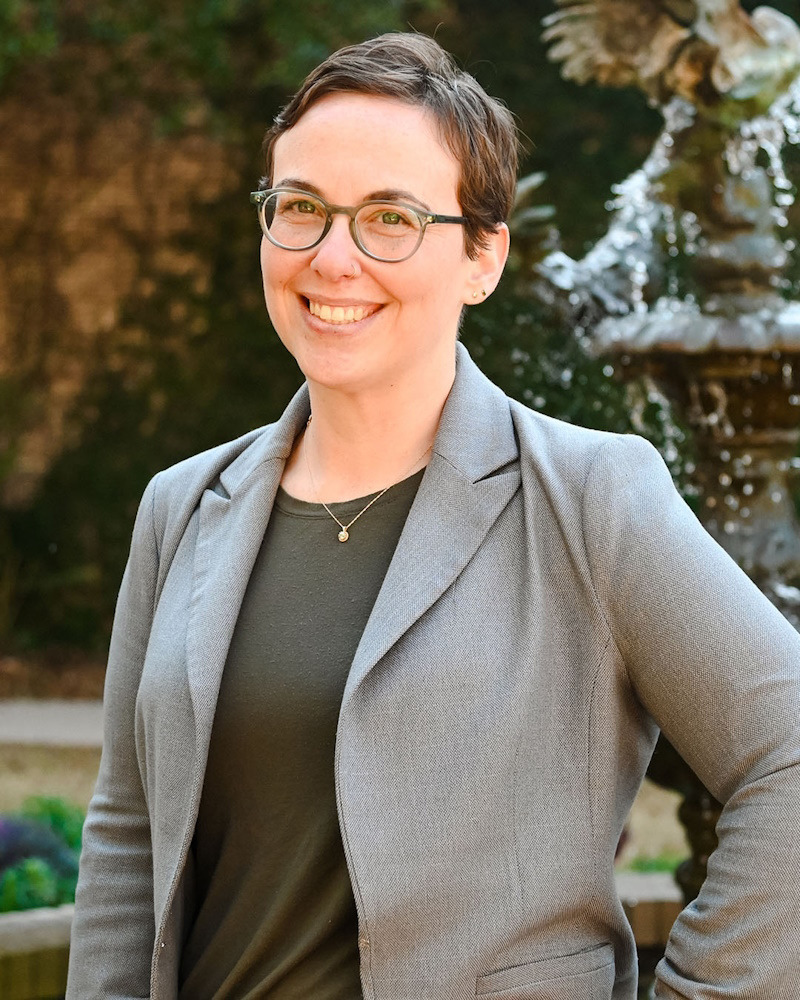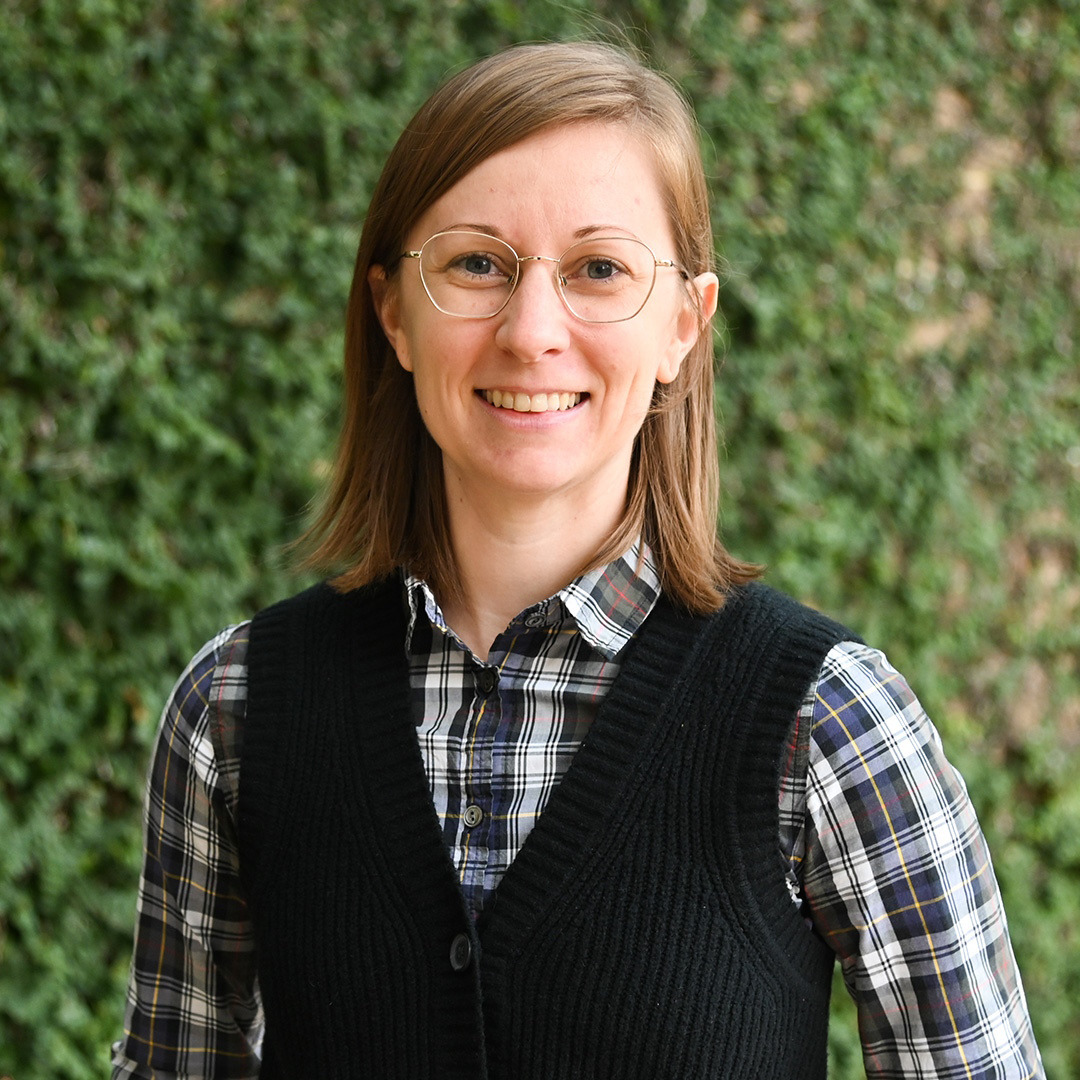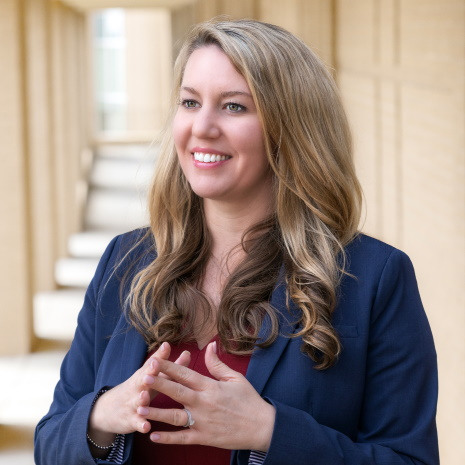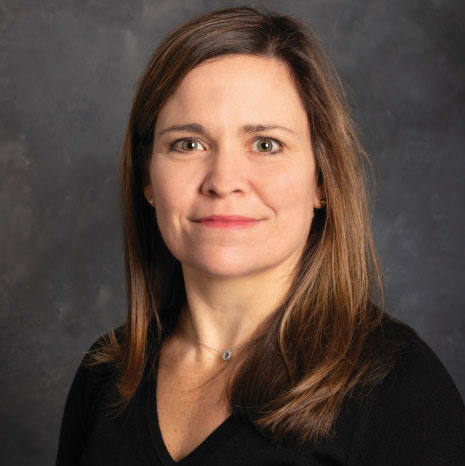
Find Out More
Arnold School researchers were awarded more than $59 million in extramural funding in fiscal year 2024. Learn more about our various projects, training and public service to see how we make an impact in South Carolina and beyond.
January 30, 2025 | Erin Bluvas, bluvase@sc.edu
Five projects supported by Prisma Health Research Seed Grants will be led by Arnold School researchers in 2025. Marta Bornstein (Health Promotion, Education, and Behavior (HPEB)), Devin Bowes (Environmental Health Sciences (ENHS)), Brian Chen (Health Services Policy and Management (HSPM)), Melissa Nolan (Epidemiology and Biostatistics), and Elizabeth Regan (Exercise Science (EXSC)) each received up to $20,000.
Over an 18-month period, they will partner with Prisma Health investigators to pursue research aimed at improving health in one of several different areas: health system science; health care delivery innovation; community health, population health, and health disparities/equity; educating and supporting the health care workforce, and basic science and translational research. Numerous other Arnold School and university researchers will collaborate on the projects.
“These grants are a key component of our research relationship with Prisma Health,
allowing Arnold School faculty to build collaborations and meaningful partnerships
with clinical faculty at Prisma Health not only for these projects but also future
endeavors,” says HPEB professor Caroline Rudisill, who serves as director for Population Health Sciences Greenville. “The projects
supported by this funding enable us to work towards our shared goal of better health
for the people of South Carolina.”
Marta Bornstein is an HPEB assistant professor who studies sexual and reproductive health. With her study, she will work to better understand fertility care decisions among sexual and gender minorities in South Carolina.

“While similar proportions of sexual and gender minorities and cisgender heterosexual individuals experience medical infertility, individuals within the first group are much more likely to face social infertility – a lack of reproductive capacity within one’s chosen relationship – meaning that they may require fertility treatment to have children,” Bornstein says. “Social infertility often equates to greater challenges in accessing care due to both structural factors, like health insurance coverage, and social ones, such as discrimination.”
Additional barriers include living in rural areas and the heteronormative environment of many fertility treatment spaces. Through in-depth interviews, Bornstein and her team will explore decision making among sexual and gender minorities who are seeking fertility treatment. They hope to learn more about the life course and reproductive trajectories of these individuals and couples and the needs of those seeking fertility care to build their families to improve clinical and social support.
Bornstein will work be working with physician Lisa Green (Reproductive Endocrinology
and Infertility, Prisma Health).
Monitoring communities for shifting SARS-CoV-2 levels introduced many Americans to the benefits of using wastewater-based epidemiology to keep tabs on infectious disease outbreaks, but now Devin Bowes will be demonstrating the use of this approach in surveilling the prevalence of chronic diseases. An expert at analyzing chemical and biological agents in community wastewater, the ENHS assistant professor’s newest project will expand the applications of wastewater-based epidemiology to fit within the context of health care.

“Chronic diseases such as heart disease, cancer and diabetes are among the top ten leading causes of death in South Carolina, and account for nearly 20 percent of adult hospital readmissions nationwide,” Bowes says. “Acquiring inclusive and minimally invasive community health information can help lead to more effective patient-centered care and reduce adverse outcomes; however, understanding community health needs can be complex and largely relies on triangulating data from self-reporting methods and tools, which come with their own challenges.”
By using wastewater-based epidemiology to collect and analyze untreated sewage, the researchers can look for biological and chemical biomarkers that indicate various aspects of human behavior, exposure and health (e.g., smoking). The resulting data can reveal near real-time assessments and trends of population-level health to better address community health needs and priorities. This project will help identify specific barriers and facilitators for utilizing this type of data in this novel context, offering a foundational roadmap to support seamless integration into the chronic disease care model.
Bowes will be working with physician Meenu Jindal (Prisma Health), HSPM assistant
professor Alton Croker (Arnold School of Public Health) and nursing assistant professors
Jennifer May and Curisa Tucker (College of Nursing, USC).
An expert in health policy/services, HSPM associate professor Brian Chen will assess the completeness of electronic health records in capturing prescription and nonprescription pharmacy data among patients. Specifically, his team will look at the polypharmacy (i.e., use of five or more non-HIV drugs, including nonprescription drugs such as over-the-counter medications, supplements, and substance use) and its impacts among people living with HIV.

“HIV care has shifted from treatment of the condition itself to managing aging patients, 50 percent of whom are now 50 years of age and older, who are experiencing accelerated and elevated risks for age-related chronic diseases,” Chen says. “People living with HIV and co-occurring other conditions, such as diabetes and hypertension, often require the use of more drugs than the general public, putting them at two to three times greater risk of experiencing adverse drug events. Moreover, people living with HIV also have a higher prevalence of substance use such as alcohol, tobacco, marijuana and other nonprescription drugs.”
Unfortunately, there is limited clinical guidance on how to navigate the use of multiple prescription and nonprescription drugs for people living with HIV due to several limitations. Most electronic health records do not document over-the-counter drugs and other substance use (e.g., tobacco, alcohol, marijuana). Further, people living with HIV are mostly excluded from clinical trials that alert providers to adverse drug interactions. Chen’s project will assess the completeness of these records compared to data they collect from a subset of patients while also shedding more light on the prevalence and patterns of these events for this population.
Chen will be working with HSPM associate professor Jan Ostermann (Arnold School of
Public Health) and pharmacist Caroline Derrick (Immunology Clinic, Prisma Health).
Epidemiology associate professor Melissa Nolan is an infectious disease researcher who focuses on health disparities and maternal and child health. With her grant, she will assess whether a new method for preventing preterm births (i.e., before 37 weeks gestation), vaginal progesterone, is working for pregnant individuals in South Carolina.

“More than 12 percent of babies born in South Carolina are delivered before 37 weeks, which disproportionately puts these infants at risk for long-term disability and mortality,” says Nolan, noting that our state currently ranks fifth in the nation for infant mortality, in large part due to maternity care deserts that offer low or no access to obstetric providers in rural areas. “The standard clinical procedure to prevent preterm birth, a cervical cerclage, is relatively simple yet only 30 specialists are able to provide this service in the state. An emerging alternative for the 110,000 South Carolinians who are pregnant each year is the inexpensive application of self-administered vaginal progesterone daily during the second trimester, which works to prevent the spontaneous rupture in gestational membranes that results in preterm birth.”
Working with the Prisma Health Maternal-Fetal Medicine Care clinic, Nolan and her team will recruit 130 women who have been prescribed vaginal progesterone during the second trimester of pregnancy to participate in the study. They will collect samples to determine whether the vaginal microbiome is changing to become a more favorable environment for full-term pregnancy. Evidence of the success of this approach could be life changing for at-risk mothers in the state, particularly those in vulnerable groups.
Nolan will be working with physician Anthony Gregg (Maternal and Fetal Medicine, Prisma
Health).
A physical therapist, EXSC clinical assistant professor Elizabeth Regan’s research focuses on increasing physical activity for people with mobility impairments. As part of her goal to translate physical activity research into health care and community settings, she will lead a project piloting an evidence-based exercise program for stroke survivors in the state, which ranks fourth in the nation for the number of people living with stroke as a chronic condition.

“Physical activity is essential for health, reducing the risk of conditions such as diabetes, hypertension and stroke – whether first time or as a reoccurrence,” Regan says. “However, exercise can be difficult for stroke survivors, who may be living with mobility challenges and other impairments, and continued care in these areas is often nonexistent after the initial rehabilitation period.”
Some of the barriers to engaging in physical activity that are faced by stroke survivors include lack of access to fitness facilities, absence of accessible programs and reduced motivation. Transportation, education and social connection with other survivors have been shown to help overcome these challenges. Regan’s study will incorporate these facilitators into an evidence-based, modified intervention (Fit for Function) includes group and individual exercise and education in adult community centers in Richland county. Through partnerships with Prisma Health physical therapists and the Richland County Recreation Commission, this project aims to create sustainable options for exercise for survivors of stroke.